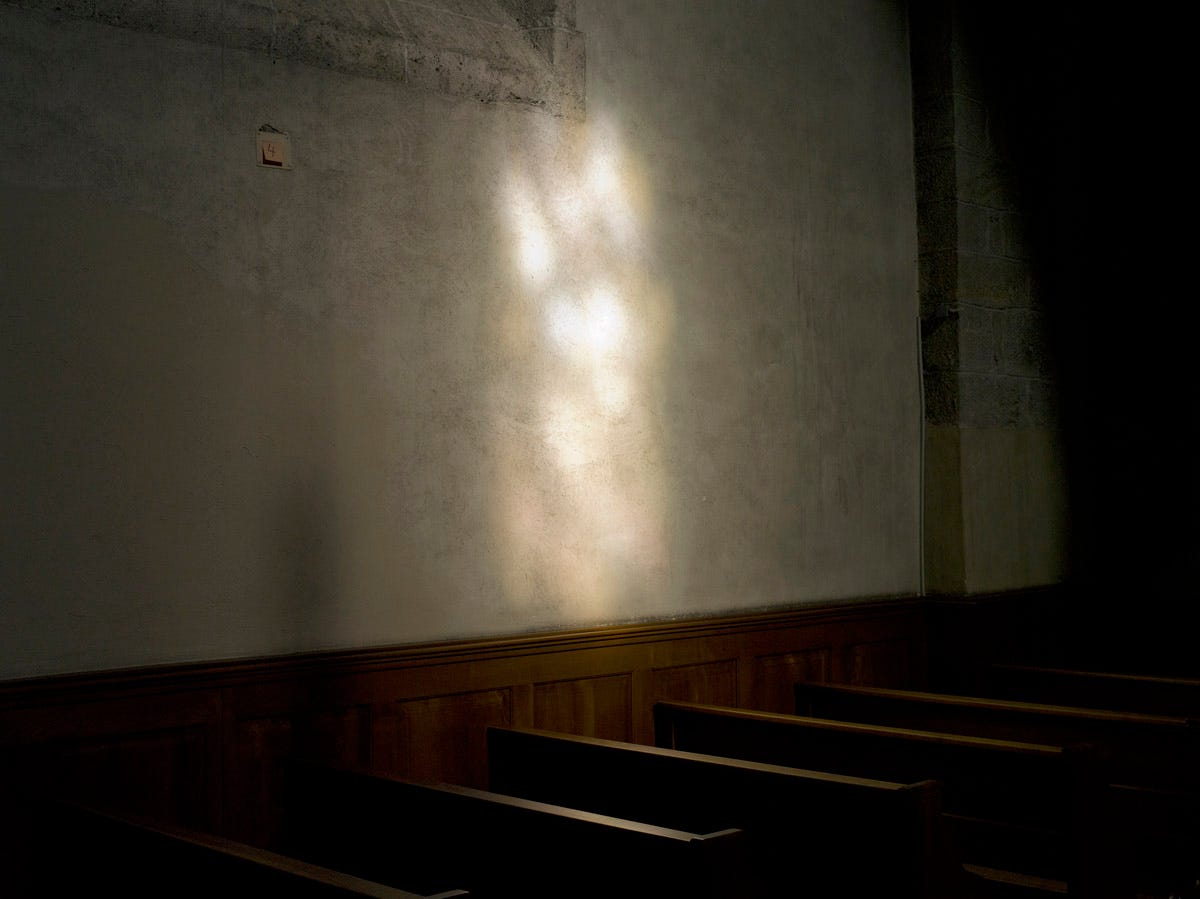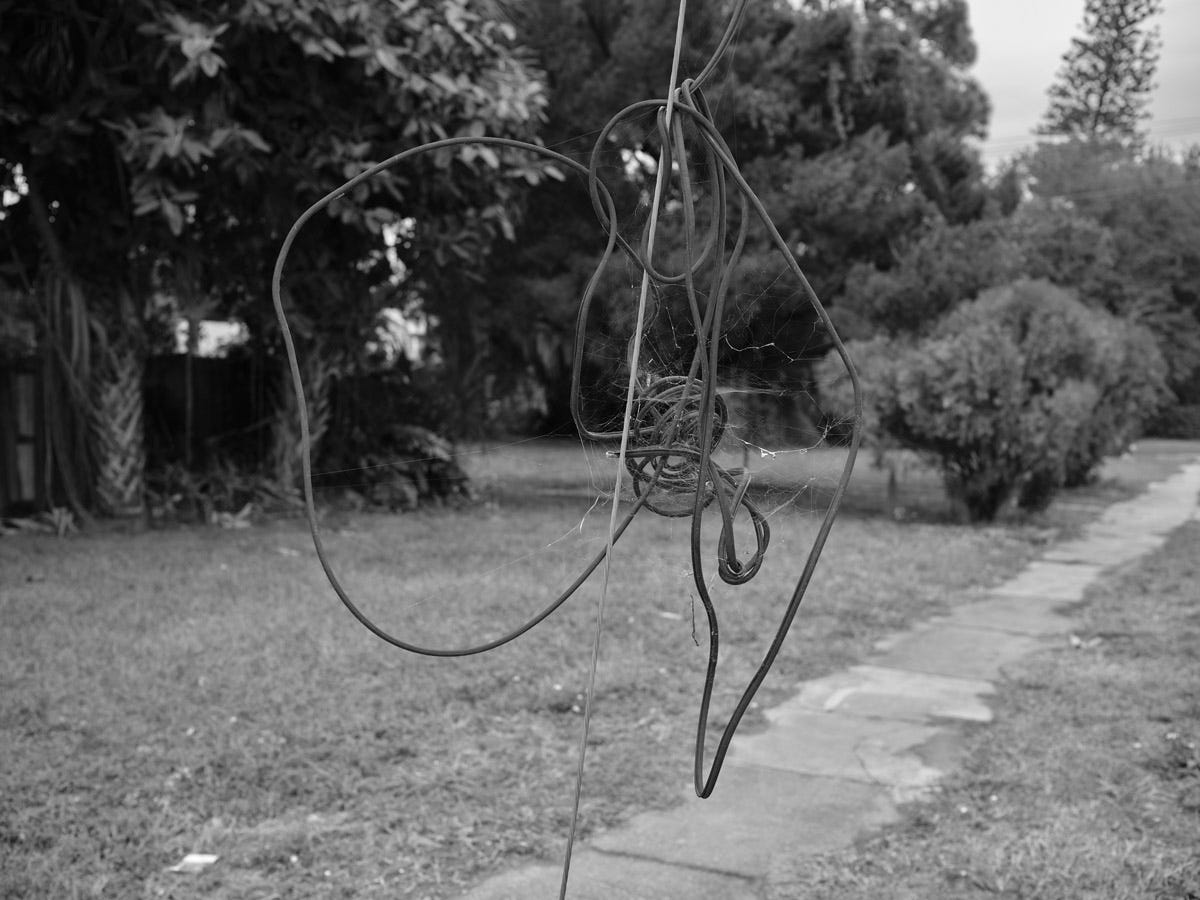18 Fragments: A Russian Poet
Akhmatova’s poems made hard days more bearable. That's enough reason to keep reading.
Like “At Work,” the sequence for “A Russian Poet” is part of a larger collection of vignettes shared between myself and the photographer Wes Kline. I have forgotten why I chose to read Akhmatova’s Selected Poems, though her line “It was a bad time for heart” hasn’t been easy to shake. As much as I go on finding myself in Akhmatova’s moments, there are depths to her work I will never reach. My lack of Russian language is a significant barrier. I remember reading Death of Ivan Ilyich as an undergraduate, being told then there are layers to Tolstoy’s novella that our English speaking hearts cannot penetrate. So be it. We can still have hope that translations might touch our hearts in a way that even the poet would be moved. The translations here are my own, though translation is not the best word. Perhaps assemblages? Re-shaping? Giving it a shot? If nothing more, I did have the benefit of a Russian speaker and translator who transcribed as literarily as possible the Russian originals for me, which gave me a reasonable starting point. For the period I was reading them, Akhmatova’s poems made hard days more bearable. And that’s enough reason to keep reading—to make hard days more bearable.
Anna Akhmatova. In Russian her name reads, А́нна Ахма́това. Russian is a language I can neither read nor speak, but I began reading a volume of Akhmatova’s poems in translation. I read them on the way to work each morning. It was a bad time for the heart, was the first line that made me stop.
Akhmatova, I have read, was a poet of gestures and passion.
I made friends with fishermen. Under an overturned boat, I often sat with them in hard rain And heard about the sea, memorized And secretly believed every word.
On a Tuesday morning and using a headlamp to read,
Black and lasting separation I share equally with you. Why are you crying? Give me your hand, Promise to come again in dreams. You and I are like mountains Separated by grief. We will not meet In this world. Only sometimes at midnight, Send me greetings through the stars.
On a Friday,
Oh, having said the heart is made of stone, I surely knew: It is from fire… I will never understand, were you close to me Or did you simply love me?
I have not attempted a close study of Akhmatova’s work or read various translations or criticism. I read she suffered and found beauty and gave us her concrete lines--her frozen towns, trees, snow, her candles.
How many city skylines Could have drawn tears from my eyes.
We hope you’re enjoying Juke. Subscribe for free to receive new posts by email. To receive special member-only posts and benefits, please consider supporting our writers with a monthly or yearly paid subscription.
Wes Kline is an artist and faculty at New College of Florida, having taught previously at New Mexico State University, the University of Florida, and at St. Lawrence University. He earned his MFA in Studio Art from the University of Illinois, Chicago in 2005. His research and work looks at "minor" pivots in modernist narratives, focusing specifically on ecology, language and performance in proximity to architecture, philosophy and meta-modernism. He has shown his work nationally and internationally and teaches courses in photography and extended media, including video, installation and sound.










beautiful, Damon and Wes!